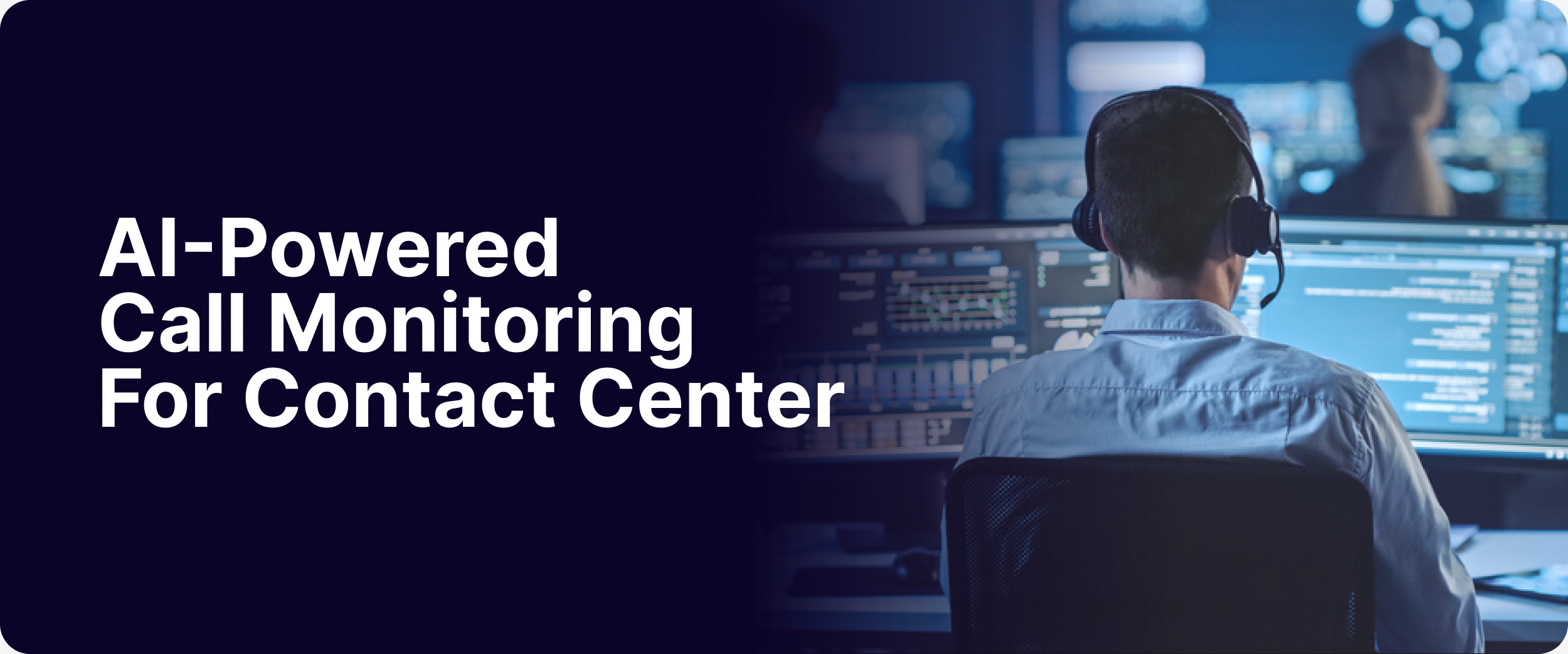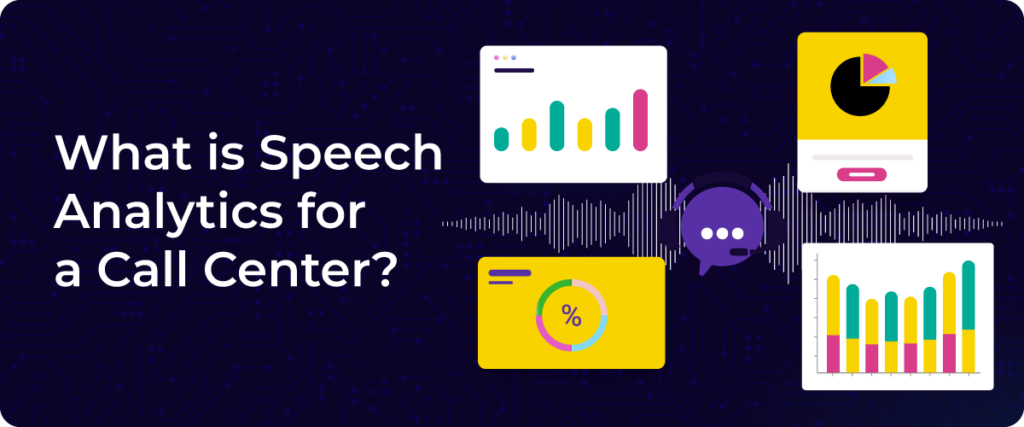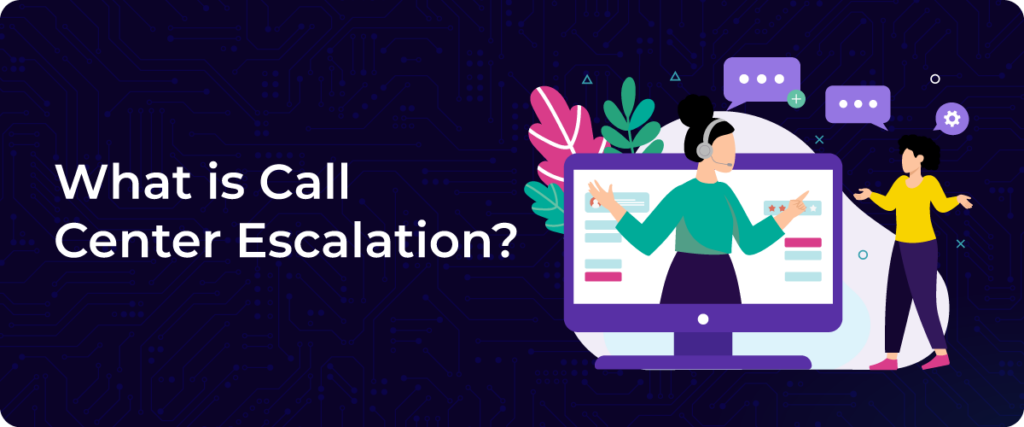
The customer service team is the company’s face in the high-stakes world of contact centers. So, the struggle is real. Call Monitoring can help with long wait times, inconsistent service quality, and high agent turnover. It can severely impact both operational efficiency and customer satisfaction. AI-Powered Call Monitoring can benefit to managers who often need more visibility into real-time performance metrics and find it challenging to provide agents with actionable feedback on the fly. These issues affect contact center performance as well as customer experiences.
In this blog, our product ConvoZen.AI is introduced to explore and show how AI-Powered Call Monitoring can help contact centers overcome every challenge like complex queries, leading to longer call durations and, often, unresolved issues, and boost the customer support team’s performance. Further, this article will cover all the topics below:
- What is AI Call monitoring?
- How Can We Boost Call Monitoring with AI for Improved Performance in the Contact Center?
- How is AI Transforming Call Centers?
- Who Uses Call Monitoring Software?
- What are the Types of Call Monitoring?
- Conclusion
What is AI Call Monitoring?
The act of listening to calls is a method to manage call quality, increase agent efficiency, improve agent performance, and develop sales or marketing strategies thus, this is known as AI Call monitoring.
How Can We Boost Call Monitoring with AI for Improved Performance in the Contact Center?
As per the survey of Gartner, there are advancements in technology, AI call monitoring is reshaping how businesses approach call audits, offering more precise insights into agent performance and customer satisfaction.
1. Real-Time Call Analysis and Feedback
- AI-powered call monitoring systems can analyze calls in real-time, identifying key metrics such as sentiment, tone, and keyword usage.
- This analysis allows supervisors to provide immediate feedback to agents, enabling them to correct mistakes or improve their approach during ongoing interactions.
- Thus, this metric benefits agents by performing better and providing customers with a superior experience.
2. Automated Quality Assurance
- Traditional QA methods often rely on manual review of a small sample of calls, which can miss significant trends or issues.
- Automated quality assurance call center tools, powered by AI, can review 100% of customer interactions, ensuring a more comprehensive evaluation.
- Such an automated approach reduces the chances of human error and bias, providing a more accurate assessment of agent performance.
3. Advanced Call Audit Tools
- AI-based call audit tools like ConvoZen.AI and SalesLoft center solutions can dissect calls to detect patterns, identify common issues, and recommend targeted improvements.
- By leveraging Machine Learning algorithms, these tools can continuously refine their evaluations, ensuring that the contact center’s quality standards are met consistently.
4. Proactive Issue Resolution
- AI can also predict potential problems before they escalate.
- By analyzing historical call data and trends, AI systems can alert supervisors to issues that may impact performance. For example, increased call volume or recurring customer complaints.
- This proactive approach allows contact centers to address problems before they affect overall performance.
5. Enhanced Call Quality
- AI-driven call quality monitoring tools can evaluate calls for compliance with scripts, adherence to company policies, and overall call quality.
- These tools can highlight specific areas where agents need improvement, whether it’s in handling objections, providing accurate information, or maintaining a positive tone.
- This leads to better call quality and, ultimately, higher customer satisfaction.
How is AI Transforming Call Centers?
As stated by Gartner, AI-based technologies have helped to transform and enhance 80% of call center services. The integration of AI technologies such as Natural Language Processing, Machine Learning, and Predictive Analytics is transforming call centers in several impactful ways.
From automating routine inquiries and optimizing call routing to providing real-time performance feedback and enhancing customer interactions, AI is driving significant improvements in operational efficiency and service quality. Let’s look at the composite impact of AI in call centers:
- The Shift from Manual to Automated Call Routing
- In transforming call routing from a manual to an automated approach to handle any issue, a suitable agent has to get connected.
- AI-powered systems benefit by analyzing incoming calls and following algorithms.
- From Human Involvement to Virtual Agent Automation
- The transition from traditional customer support to automated virtual agent systems marks a significant evolution in service delivery.
- Intelligent chatbots, or conversational AI, utilize Natural Language Processing (NLP) and Machine Learning (ML) or Virtual Assistant algorithms to comprehend and address customer inquiries instantaneously.
- Manual QA to Automated AI Reviews and Speech Analytics
- In the past, a Call Center supervisor was required to listen to the entirety of their agent’s call recordings to conduct performance evaluations and quality assurance scoring.
- Currently, AI-driven speech analytics tools can analyze call recordings and transcripts, thereby expediting this labor-intensive process by indicating whether the agent met the necessary criteria.
Who Uses Call Monitoring Software?
Initially, irrespective of the size of the business numerous organizations implemented call center quality monitoring systems to guarantee optimal performance in contact centers. Additionally, contact centers are using more channels for support, like live chat, social media, and text messaging. However, phone support is still the most popular choice, with 76% of customers wanting to reach support through phone calls.
As long as voice support and phone communication remain relevant, it is essential for representatives, agents, and managers to effectively utilize the insights gained from call monitoring outputs.
Consequently, the following is a list of stakeholders who are directly affected by call center monitoring software:
- Agents
- Should review their calls to find areas for improvement, gather follow-up details, and gain insights about customers.
- Sales Managers
- They need to monitor the performance of their representatives and provide coaching as needed. They should also keep an eye on sales triggers and identify successful conversation strategies and customer trends to discover new business opportunities.
- Contact Center Managers
- depend on monitoring agent performance and customer calls to boost productivity. They analyze performance patterns to keep valuable team members and remove underperformers.
- QA Managers
- The above-mentioned people focus on identifying mistakes, compliance issues, and incorrect information shared by agents.
- They use Call Quality Checks to ensure that only accurate information is communicated to customers.
- Company leaders
- The VP of the contact center does not engage deeply in Call Monitoring but requires Customer Insights on conversation behaviors and call quality reports to maintain ROI and ensure efficient contact center operations.
What are the Types of Call Monitoring?
Call Monitoring can happen with both live and recorded phone calls.
- Live Call Monitoring
- It means a third party listens in on a call while it is happening.
- Managers can join the call at any time, whether from the start or midway through.
- Recorded Phone Monitoring
- This involves listening to a call after it has ended.
- Managers can review the call several times, either by themselves, with the agent, or with other team members.
There are pros and cons to both live and recorded monitoring. Companies use Call-Monitoring Software to manage these processes.
Conclusion
As customer expectations continue to rise, contact centers must adopt innovative solutions to stay competitive. AI-powered call monitoring offers a scalable and efficient way to boost performance and one such AI tool that will ensure that your contact center consistently delivers high-quality service is ConvoZen.AI.
Whether you’re looking to implement automated quality assurance, real-time call analysis, or scoring of agent conversations, ConvoZen.AI is the key to unlocking your contact center’s full potential. Click to embrace this Conversational AI tool today and watch your contact center’s performance soar.
FAQs
AI enhances call center operations by automating routine tasks, providing real-time support to agents, and analyzing customer interactions for insights, leading to improved efficiency and customer satisfaction.
AI-driven call audit tools can identify trends, detect areas of improvement, and recommend specific actions to boost performance. By continuously learning from interactions, AI systems ensure that quality standards are consistently met, leading to better agent performance and customer experience.
The impact of AI on call centers has been transformative, driving significant improvements in efficiency, customer satisfaction, and overall performance at contact centers.
AI improves customer service by providing real-time assistance through chatbots and virtual assistants, automating routine tasks to reduce wait times, and offering personalized experiences based on data analysis.


